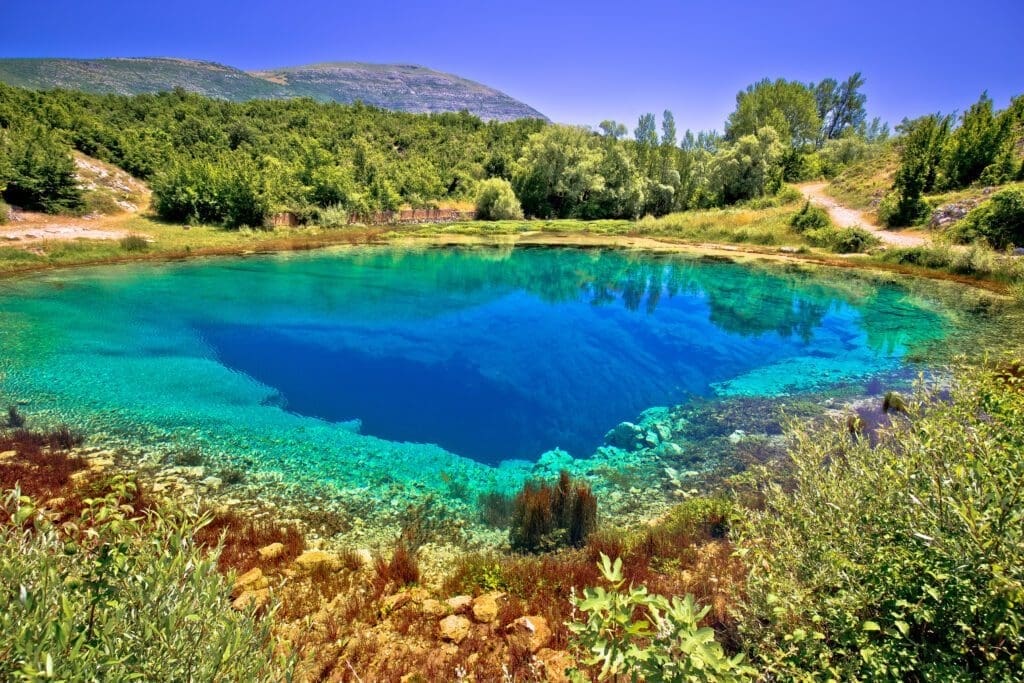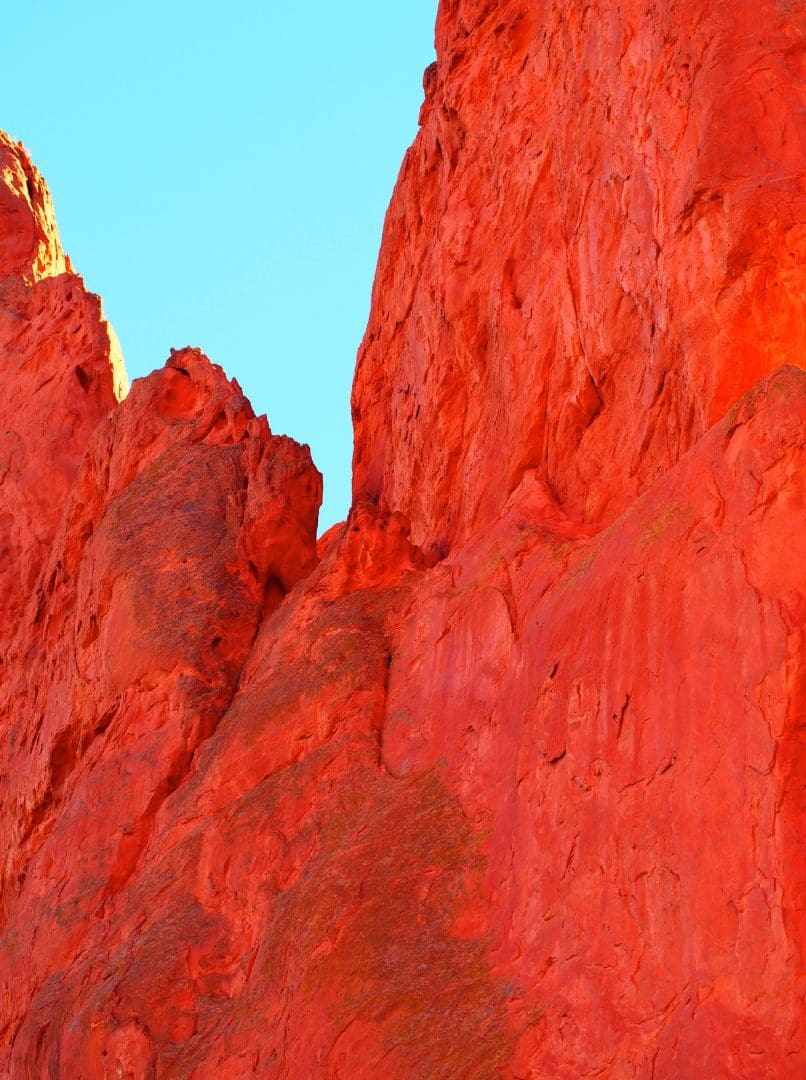What are your rights to water that comes from a shared well that is not located on your property?
For most people, the answer is in their written well share agreement.
The first question to be considered is—which state regulating body grants me the right to access and use groundwater? The Groundwater Management Act “GWMA” of 1980, established that groundwater, is common property of the citizens of Arizona and the management of it was under the Arizona Department of Water Resources, (ADWR). All groundwater withdraws in Arizona must come from a water well that was permitted by ADWR.
Owning the land or having an easement right does not give you the right to extract groundwater. The right to extract groundwater in Arizona only comes from having a permitted well.
Therefore, a well share agreement to share the water from a legal source should always refer to the well by its ADWR registration number.


On Whose Land is the Well Located?
The second question to be considered is: whose land is the well located on? If the well is located on land that is titled in the name of one of the members of the well share group, then that person owns the well. Drilling and constructing a water well creates a permanent change to real property and that it cannot be separated from the land, therefore, well becomes a part of the land. Groundwater is not real property. Percolating water beneath the earth in Arizona is called groundwater and in it is considered “public” property managed by the ADWR.
If the well is located on your neighbor’s lot, and they hold title to the land in their name, the well should be registered with the ADWR in their name. The ADWR recognizes that shared wells can, and should be, registered in the name of the person or party that is responsible for its management. The ADWR has created Form 55-73 , for the purpose of registering shared wells in the name of a managing or operating group. Registration of a well with the ADWR does not establish ownership of the well. A.R.S. § 45-593(c), requires that the owner of the land keep the ADWR up-to-date as to who owns the land and where the well is located. For this purpose, the ADWR created Form 55-71(a), request to change well information.
WELL IS OWNED BY THOSE NAMED ON THE DEED
When a shared well site is situated on a parcel of land that is deeded and recorded in the appropriate Arizona county, the well is owned by the names listed on that deed. The wording of many well share agreements may grant several owners an undivided interest in into a small piece of land, and thus an undivided real property interest in the well. When this wording is used on the deed and in the shared well agreement, the assessors map should show a smart parcel of land with its own Assessor’s Parcel Number (APN). In this case, the well should be registered in the name of all parties listed on the deed.
If your well share agreement is worded in the same manner as the deed, you own an undivided piece of this land which means that you are also subject to a portion of the yearly property taxes or improvement assessments on this parcel.
Once water is pumped to the surface from a registered well, and placed in the storage tank, it becomes the personal property of the owners of the land. So, if you own a percentage of the land via the deed, then you also own a percentage of the water stored on it.


Easement Rights & Ownership Rights
An easement will typically state that it was granted for a specific purpose. If your well share agreement is an easement right of entry you should verify that you have a right to do more than merely access someone’s land. The wording of that easement may, by exclusion, not grant you are right to receive and share the water, located on that property. An easement is a vested interest only in someone else’s real property for a specific purpose and groundwater is not a part of real property.
Arizona Water Well Agreements- pre-1980
Many well water agreements in place today were written prior to 1980, when groundwater was more loosely considered to be a part of the real property. These older versions often refer strictly to the land and not to the water or the registered well. Well share agreements that refer strictly to a piece of real estate, and do not state the registration number of a well, may not be granting you a legally defensible right to the groundwater. A registered water well is the only legal right to the public groundwater resource and it is granted only to the permitted owner of the land. This is a very compelling reason why all well share agreements should refer to the water well being shared by the registration number.
Well share agreements should define a legal right to groundwater from a registered well. A well share agreement is a legal contract between two or more persons and it can be enforced by the courts. Not complying with the well share agreement can constitute a breach of contract.
If you are considering the purchase of a home with a shared well then read on post of what to expect when living in a home with a shared well. Also, review what a website that will help you schedule and record maintenance records and other important information.

